The VDR is an effective tool for a wide variety of business processes that require secure document sharing. Businesses rely on VDRs for security to ensure sensitive data, such as financial and HR data, intellectual properties or client legal documents are only accessible to authorized individuals. It’s never accessible to any third party that is not authorized. VDR features such as encryption standards, dynamic watermarks and remote shredding could be crucial in ensuring compliance with privacy laws.
The ability to upload a massive amount of files, monitor and audit file activity and set specific user access permissions are also essential capabilities to consider when selecting a VDR. When compared to common file sharing tools such as email or Dropbox, a VDR provides a more flexible and customizable level of security that’s crucial for supporting complicated business transactions and crucial processes.
Find an VDR that has transparent pricing and payment terms that are easy to understand. This will stop you from paying too much for a platform that isn’t suited to your needs or you pay too little for one that has bloated proprietary features or takes up much of your time.
Choose a VDR provider with good support for customers as well as training resources. This will help you maximize the value of your investment and resolve any issues or questions that might arise. It is essential to choose a VDR who has experience dealing with similar processes and is aware of your business. For example for example, a VDR that is able to support HIPAA compliance will be particularly useful for healthcare providers.
